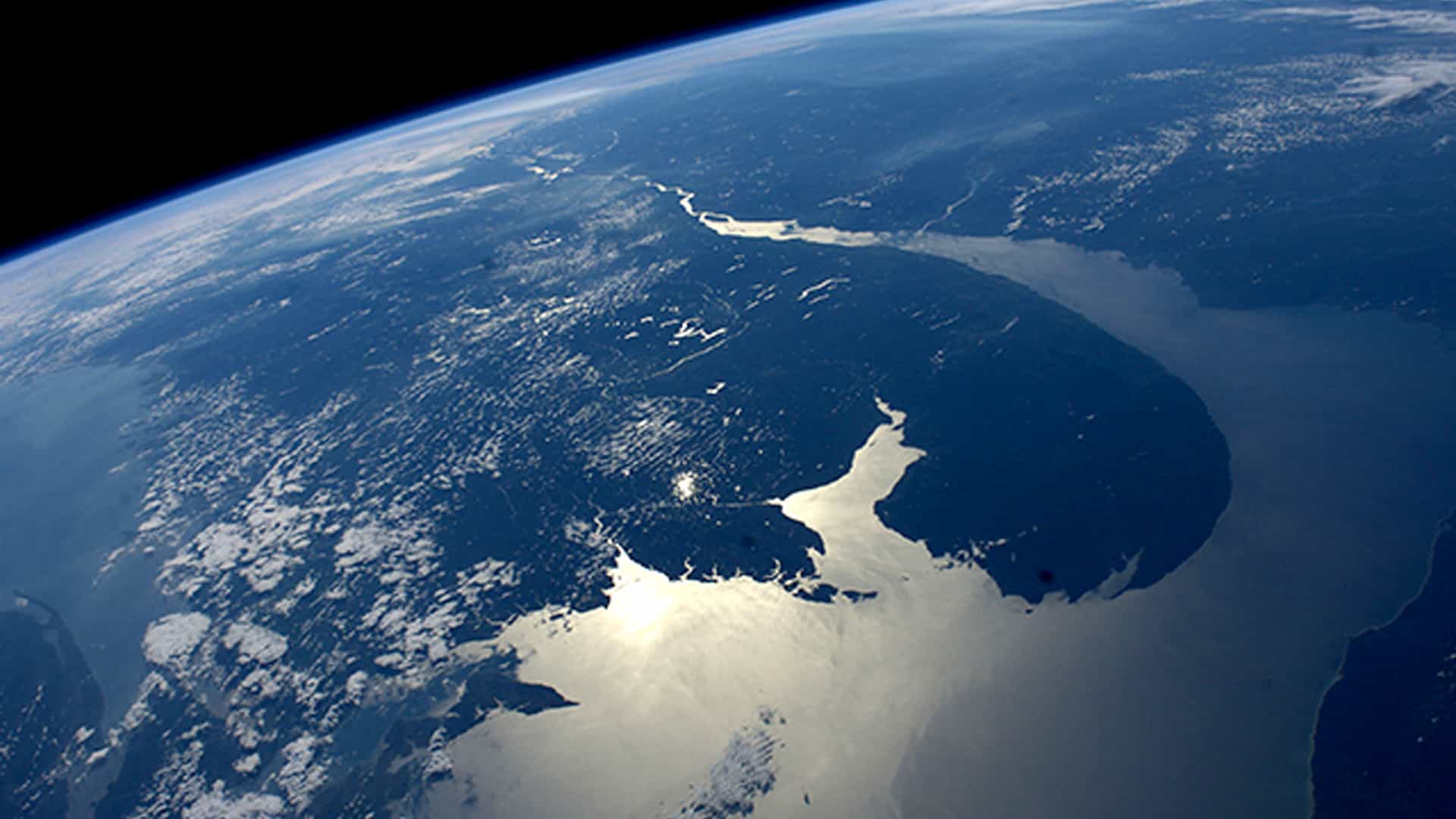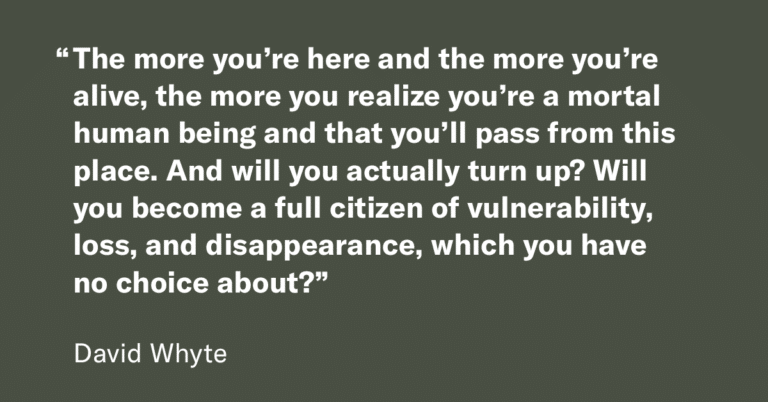So many things, we're so forgetful.
What do you mean we?, you may say,
Speak for yourself.
Well of course, nobody elected me to speak for The People. We first of all means me, whenever we say it. But I'm not the only one, and I have a strong hunch I'm not alone in noticing that the simplest and most nourishing home-truths, the lessons of a lifetime that make the most tangible, practical, emotionally-sustaining difference day by day, are also the hardest to hang onto. David Whyte noticed, for one, lest I too quickly forget yesterday's dawn post.
Remembering how much I like to catch random reflections at daybreak, after sharing Whyte's poem, I pointedly set my alarm for the wee hours and then, predictably as the evening wore on, un-set it. But I awoke this morning well in advance of the designated and abandoned pre-dawn moment, anyway.
Some part of me remembered. I'll sleep when I'm dead, meanwhile there are important conversations to be had, to be rehearsed. Whyte's right, I think, it's the nature of reality to aspire to wakeful words, reflections, recollections, perceptions, and (when the sun's fully present, even on cloudy days in the mode of absence) immediacies beyond words.
Inspired by Whyte, yesterday, I also remembered the wise words of the industriously wakeful
Trollope. “A small daily task, if it be really daily, will beat the labours of a spasmodic Hercules.”
Really daily: remember not to forget. Every day. Or at least every weekday, more or less. Allowances must be made for Memorial Day, and anniversaries, and milestone birthdays... (I can see you frowning, Tony.)
And remember what Trollope also said, just a couple of paragraphs on (in his
autobiography), about
Mens sana in corpore sano. Health, in body and mind, is always a matter of balance, and of persistent habit. What worthy achievement isn't, after all?
==
Whyte relates an anecdote about an "articulate Irishman" who, writing under an adopted Chinese nom de plume and style of mystic sagacity, asked and answered
Why are you unhappy? -"Because 98.98% of everything you do is for yourself, but there isn't one."
And, from
Wallace Stevens: "Sometimes the truth depends on a walk around a lake."
Or a creekside, a greenway, a suburban neighborhood...
Solvitur ambulando, it
is "solved by walking," Diogenes. Q.E.D.
That's today's truth, anyway.
The 'absolutely' true, meaning what no farther experience will ever alter, is that ideal vanishing-point towards which we imagine that all our temporary truths will some day converge. It runs on all fours with the perfectly wise man, and with the absolutely complete experience; and, if these ideals are ever realized, they will all be realized together. Meanwhile we have to live to-day by what truth we can get to-day, and be ready to-morrow to call it falsehood. Ptolemaic astronomy, euclidean space, aristotelian logic, scholastic metaphysics, were expedient for centuries, but human experience has boiled over those limits, and we now call these things only relatively true, or true within those borders of experience. 'Absolutely' they are false; for we know that those limits were casual, and might have been transcended by past theorists just as they are by present thinkers. Pragmatism, Lecture VI
Important to remember that too.
LISTEN...
postscript

 "We humans have set foot on another world in a place called the Sea of Tranquility, an astonishing achievement for creatures such as we, whose earliest footsteps three and one-half million years old are preserved in the volcanic ash of east Africa. We have walked far."
"We humans have set foot on another world in a place called the Sea of Tranquility, an astonishing achievement for creatures such as we, whose earliest footsteps three and one-half million years old are preserved in the volcanic ash of east Africa. We have walked far."


